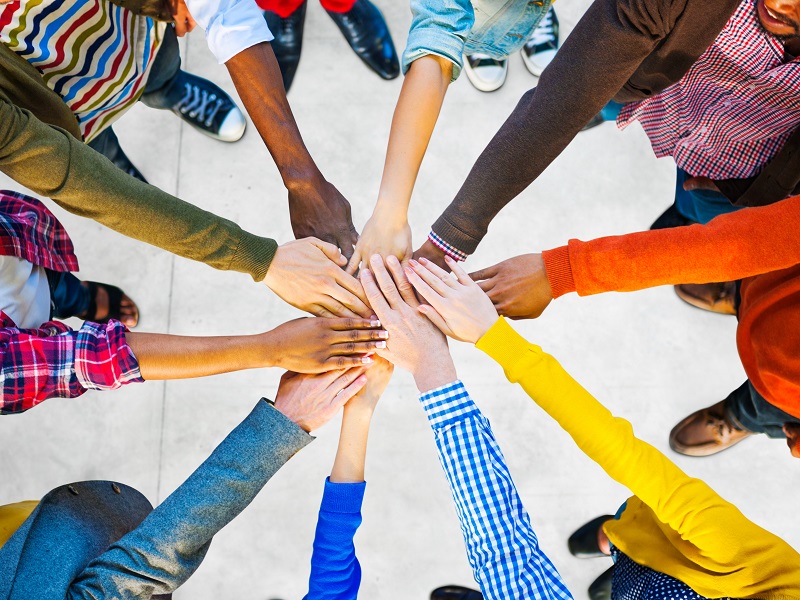

KPMG in Canada is aiming to achieve leadership representation of 33 per cent women and 26 per cent Black, Indigenous and people of colour by Oct. 1, 2025.
The organization’s latest diversity, equity and inclusion report said it reached its 2022 leadership diversity goals — of 30 per cent women and 20 per cent BIPOC representation — in October 2021. It has also set goals to increase firm-wide representation of people with disabilities (six per cent), Black (five per cent) and Indigenous (1.7 per cent) peoples by October 2025.
Stephanie Braid, director of inclusion, diversity and equity at KPMG in Canada, says representation of equity-deserving groups is supporting the organization’s attraction and retention strategy by creating a workplace culture that reflects the diversity of Canada. “If [employees] can’t see it, they can’t be it. They need to see people who look like them and who come from similar backgrounds represented at all levels, including the leadership level.”
Read: KPMG offering Indigenous wellness benefit as part of Truth and Reconciliation plan
KPMG in Canada’s diversity strategy also includes supporting newcomers to Canada with an inclusive onboarding process that assists these employees in finding housing and getting settled in Canada, says Braid, noting employee resource groups, which the firm refers to as people networks, play a central role in these efforts.
“More than 40 per cent of our people were actually born outside of Canada, so this strategy for newcomers really resonates [with employees] because we have a firm that consists of a lot of immigrants. . . . It’s not about saying newcomers need to come in and adapt — we’re aiming to create a more inclusive environment and really help build everyone’s skills around cultural differences.”
Another key to KPMG in Canada’s DEI approach is educating and engaging allies in the workplace. In 2022, the firm conducted more than 50 DEI sessions that reached roughly 35,000 employees. In addition, sessions on anti-racist leadership and supporting employees with disabilities reached 850 and 4,000 participants, respectively.
“Everyone has the ability to be an ally, but what we hear from potential allies is maybe they’re afraid to speak up — they don’t want to say the wrong thing or they don’t know how to speak up properly,” says Braid. “Maybe they don’t have enough information to even see potential barriers faced by groups that they’re not a part of, so we’re offering an ongoing curriculum of programming around allyship to build their awareness and knowledge.”
Read: KPMG supporting workplace diversity, inclusivity with gender affirmation policy
